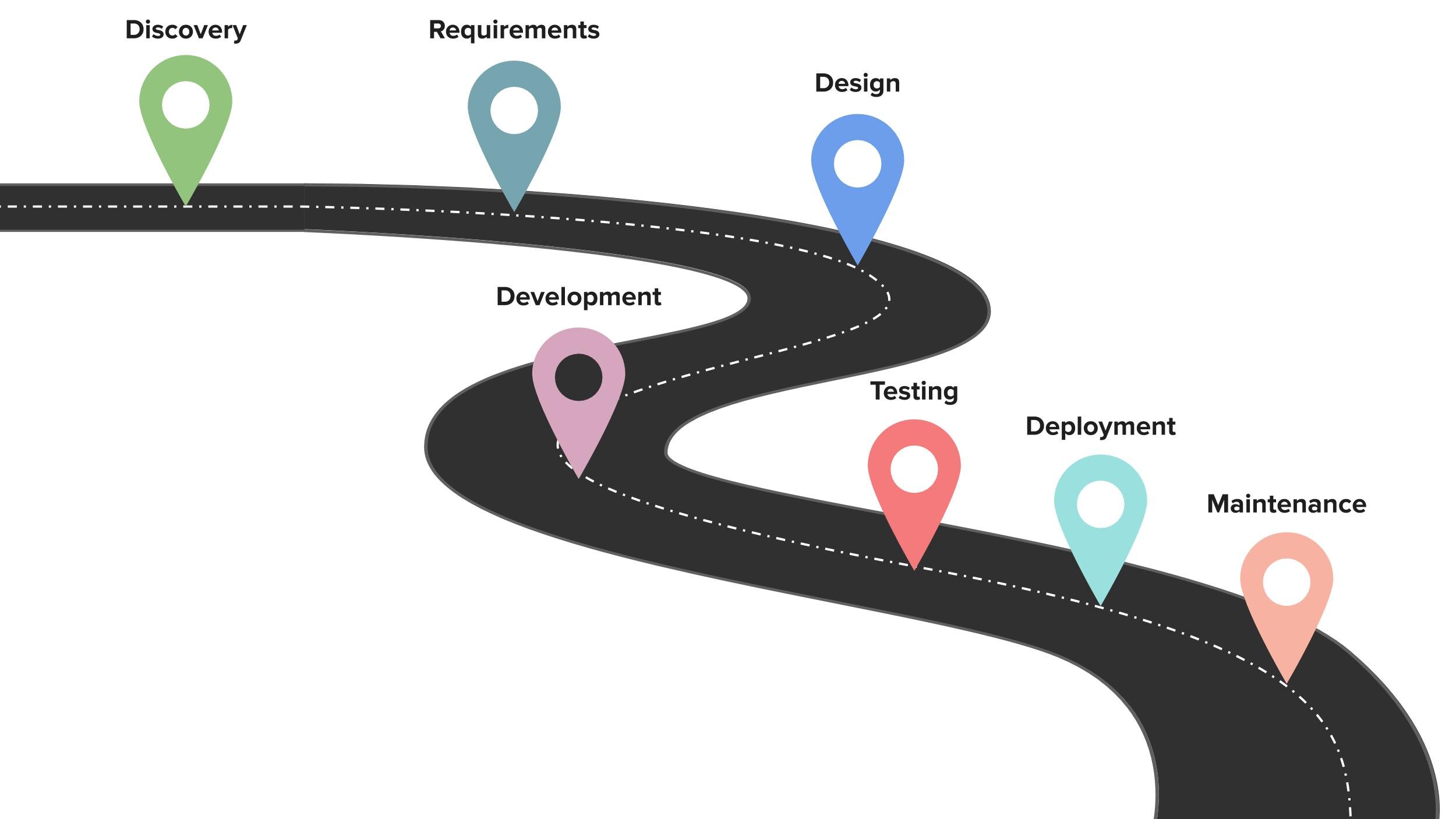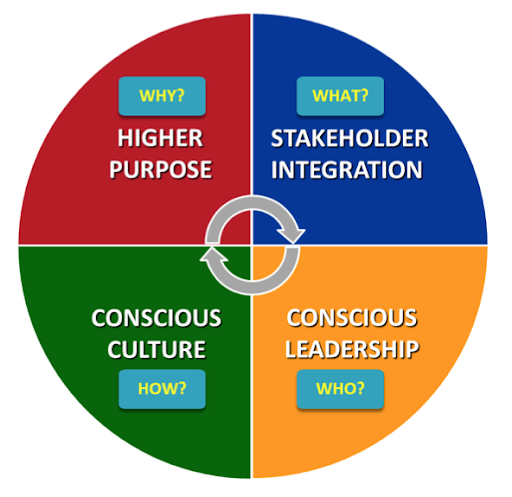We currently live in a world where we can connect to whomever we want whenever we want, therefore, why would we connect to someone who is selfish and boring? We are more likely to connect with people who are interesting and generous. I think selling is about matching a solution to a problem and it’s also about building relationships.
Salespersons are usually trained in behaviours that buyers find no value in, therefore, they are going to have to learn how to change their thought processes before they can change their behaviours. I think sales should be fun and I always try to make it fun, as I am a curious person and approach everything with curiosity. When you approach things with curiosity, you are present, you are learning and you are connecting. You will always learn new things that push you out of your comfort zone. Do you have a sales manager who trusts you to do things your way? Sales training should not always be about compliance to methods and processes. How can I help your team to tap into their natural curiosity and overcome the roadblocks to success? Contact me via e-mail for sales training and workshops.




















